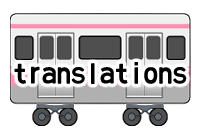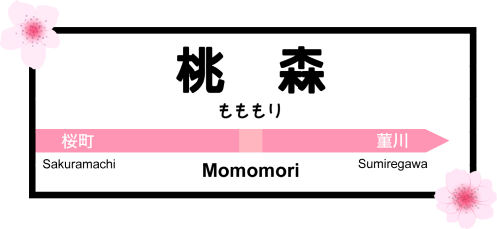Spaced Repetition is for Memorizing, Task Scheduling is a Different Animal
I think Andy Matuschak's idea of spaced everything is very similar to the blog post I wrote about using Supermemo as a task scheduler. The idea of removing choice reduces stress and cognitive load about the planning phase of a todo list and lets you get into action mode. Gesture drawing is a great example of this: if you don't know what to draw, force yourself to draw whatever for 30 seconds. It'll get your engine running.
Task scheduling is a form of surrender. You can understand intellectually that time is finite, that there isn't enough time for everything and you can only do one thing at a time, but when it comes to deciding WHAT to do the siren song of a million juicy projects can fix you to the spot out of grief.
But task scheduling must follow a different model than spaced repetition for memory. If you want to do a task regularly, or in a timely manner, you don't want it to end up being scheduled farther and farther into the future. Supermemo ostensibly schedules incremental reading items with a completely different scheduler/algorithm than items for memorization, but the details of that scheduling system is unclear. Do I really want an article I've only half read to get scheduled six months into the future? No. Wozniak himself ends up only responding to emails sporadically because he puts them in his long-ass queue. That's not a realistic or workable system. There has to be some sort of limit on concurrent items so you don't read 10 seconds of 100 different articles at a time. I think the promises of incremental reading are overstated.
back to zettelkasten landing page





